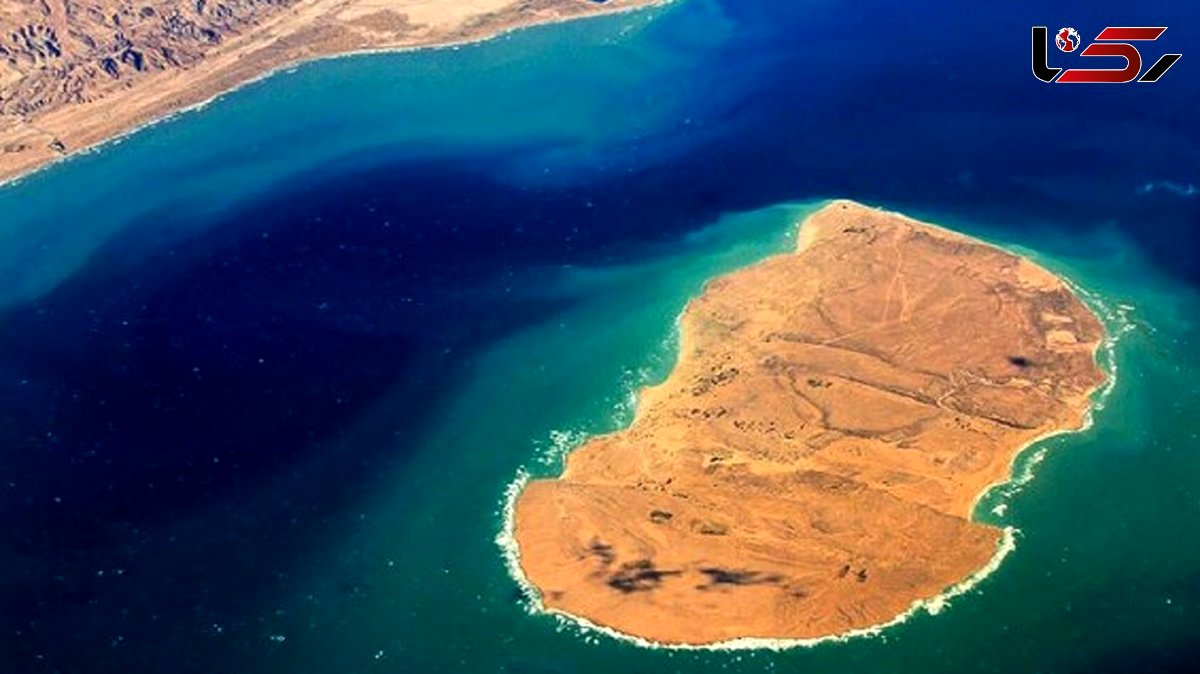Rokna Editorial Note:
Baseless Claims by the Gulf Cooperation Council Interfere with Iran’s Sovereignty over Islands and the Arash Gas Field
Mehdi Ebrahimi – Editor-in-Chief of Rokna

In its latest statement, the Gulf Cooperation Council (GCC) claimed that Greater Tunb, Lesser Tunb, and Abu Musa Islands belong to the United Arab Emirates and that the Arash Gas Field is under the jurisdiction of Kuwait and Saudi Arabia. These assertions are not only devoid of any legal or historical basis but also constitute a blatant and unacceptable interference in Iran’s internal affairs and national sovereignty.
Greater Tunb, Lesser Tunb, and Abu Musa Islands have historically been under Iranian sovereignty, as clearly documented in international records, official maps, and numerous historical sources. No treaty exists that transfers the ownership of these islands to the UAE. The GCC’s claims are not grounded in historical facts or international law and represent an attempt to politicize issues that are legally settled and indisputable.
The Arash Gas Field, one of the major energy resources in the Persian Gulf, has always remained under Iranian sovereignty, and no other country has any legitimate claim to it. The GCC’s reference to Kuwait and Saudi Arabia’s supposed ownership of this field is a clear attempt to create artificial tensions in the region and to exert pressure on Iran’s energy policies.
Statements of this kind not only undermine regional stability but may also have global and legal consequences. Such actions constitute blatant interference in the sovereignty of an independent country and can lead to diplomatic tensions and increased distrust at the international level. History has shown that such baseless claims have never gained legitimacy and ultimately lead to the political isolation of the claimants.
The GCC should study history and geography before making provocative claims and accept documented realities. Greater Tunb, Lesser Tunb, Abu Musa, and the Arash Gas Field are integral parts of Iran’s eternal sovereignty, and any attempt to deny this not only violates international law but also risks escalating regional political crises.
This statement, in addition to being invalid, is a clear example of political interference in the internal affairs of countries. It can become a focal point for global news and analysis. It appears that the Iranian government, which frequently emphasizes cordial relations with the Gulf sheikhdoms, must diplomatically—and even through leverage—prevent such baseless claims.
Send Comments